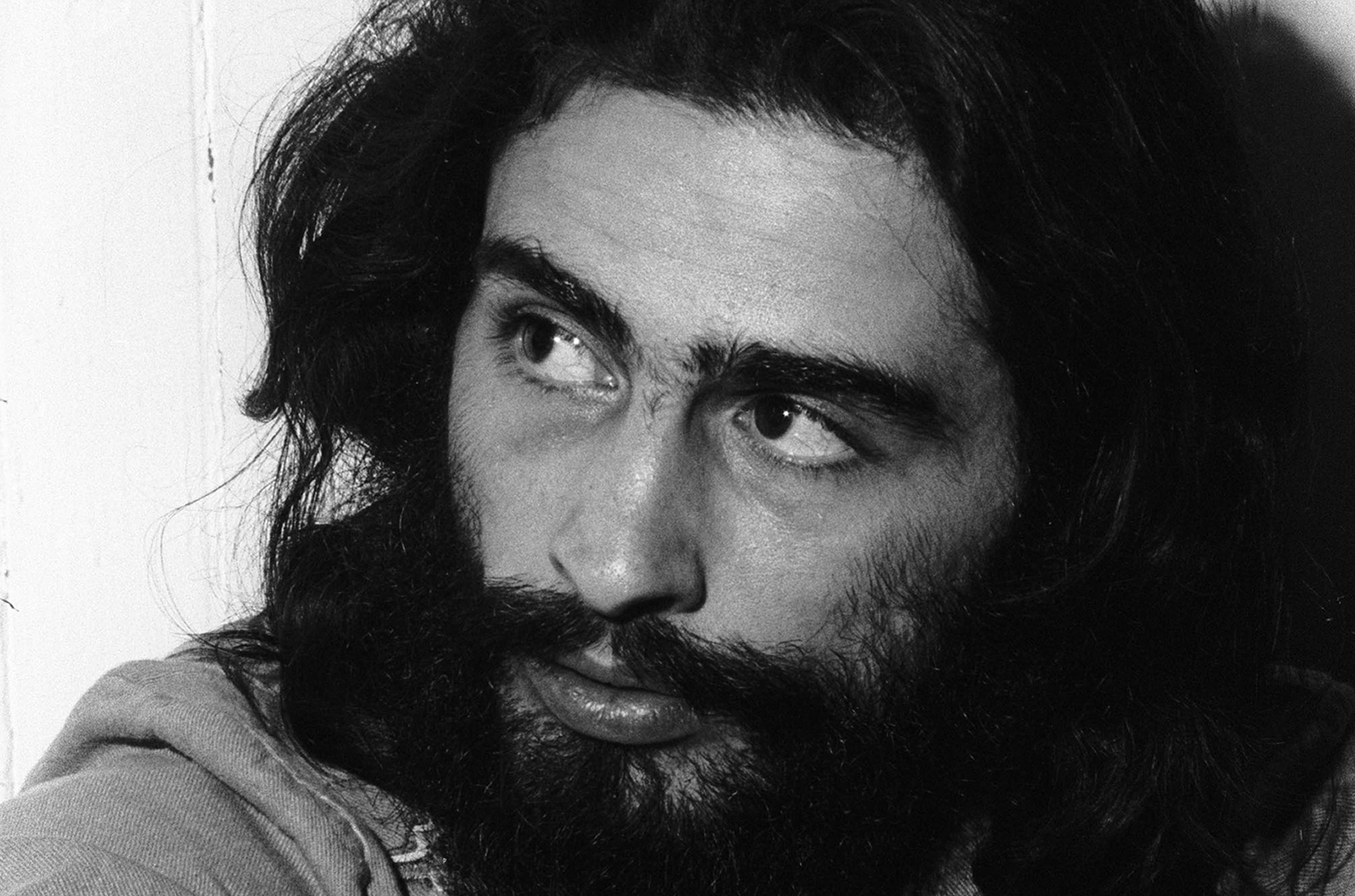People look back at early-70s New York with an air of nostalgic romanticism — a time of The Ramones and Patti Smith, Philip Glass and CBGBs. While it should be remembered in that way, it is important to remember that the 70s were also a period of immense struggle. That era of New York not only upholds the view that great art comes from hardship, but is the perfect definition of it. Very few people personify that era of great creativity and social change more so than David Mancuso.
Not only was Mancuso a hugely important musical figure and a community leader to many throughout his entire life, he strove for wider acceptance of the marginalized, and provided a safe haven for those who felt like they had nowhere else to go. He helped create a movement that led to social reform not only across America but across the globe. Today, it is more important than ever that we uphold his values and allow them to live on after his passing.
Born on October 20, 1944 in New York City, Mancuso started his iconic, ‘invitation only’ parties on February 14, 1970 under the appropriately titled and endearing moniker of “Love Saves The Day.” At this time, New York City was approaching economic disaster. Five years before the financial collapse and near-bankruptcy of the city in 1975, crime rates, police corruption, inequality and poverty were rife in 70s NYC. The situation was even worse for civil rights. While the sexual revolution of the 60s brought with it newfound acceptance across America and the western world, these new attitudes towards sexuality didn’t extend to the LGBTQ communities. While the white middle-classes enjoyed their liberation soundtracked by The Beatles and The Stones, the LGBTQ, black, Hispanic, working-class, and marginalized communities were forced into underground pockets of NYC, ushered away from those who deemed them different.
Amid widespread enforcement of complex and discriminatory anti-LGBTQ laws at the time, these often Mafia-owned spaces of refuge became daily targets for police raids, where members of an already displaced community were pushed further to the fringes of society. Building his club, The Loft, in his own apartment on 647 Broadway, Mancuso circumvented these laws by adopting an invite-only policy — albeit a very loose one — that allowed it to be classed as a private house party. It was a loophole, but it was legal; and he opened his house to those who had nowhere to call home.
The Loft came at a unique time in New York’s history. Eight months after the Stonewall Riots and four months before ‘Christopher Street Liberation Day’ — the first incarnation of Gay Pride — Mancuso created The Loft not as a foresight into what would later become disco, but as a place to spark and uphold social change. Born two years after the civil rights movement, The Loft was a place where all walks of life could meet — a space of diversity and acceptance personified by Mancuso’s all-encompassing music policy, which he upheld until the day he passed. “As long as you act like a human being you can do what you want” he said about The Loft in 2013. For many, The Loft was the first opportunity people had to act like the humans they really wanted to be.
His life entailed more than just the beginning of a musical genre that defined a decade, (a genre that, as it bled into middle-America, became diluted as these things do), because what Mancuso created was not simply the beginning of disco. The wider world associates disco with decadence, excess, and exclusivity; it’s something that is often parodied, under-appreciated, or appropriated. But this is not Mancuso’s legacy, nor is it what he stood for.
While he will always be known as a master selector, a breaker of anthems, and a welcomer of worldwide sounds. His legacy will forever be stronger than just a musical one. People speak of club culture as a form of hedonism — a type of escapism from the outside world that allows us to rid ourselves of the worries that we carry in our daily lives. But what Mancuso created was so much more than that. The Loft was not just a club. For many, The Loft will always be remembered as a place where for the first time they felt truly accepted. He created a place that was much more than just a form of escapism, he created a place where Love Saves The Day.
Credits
Text Jack Needham
